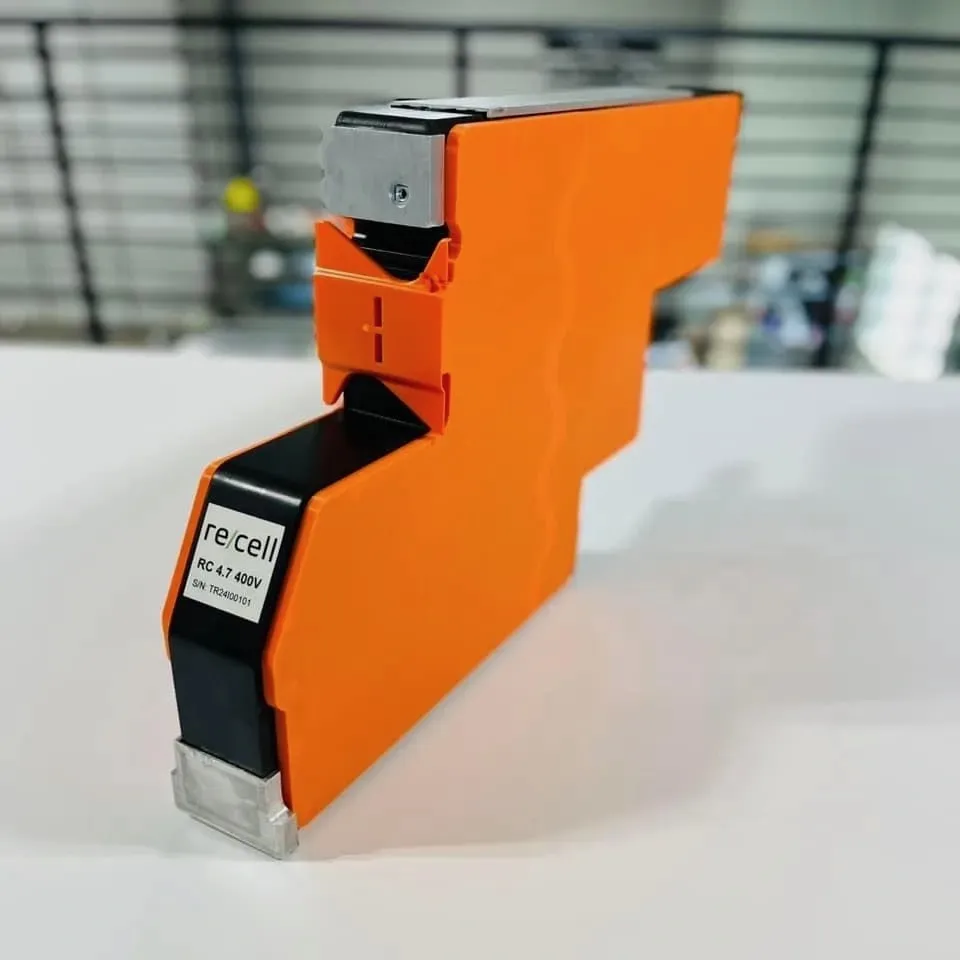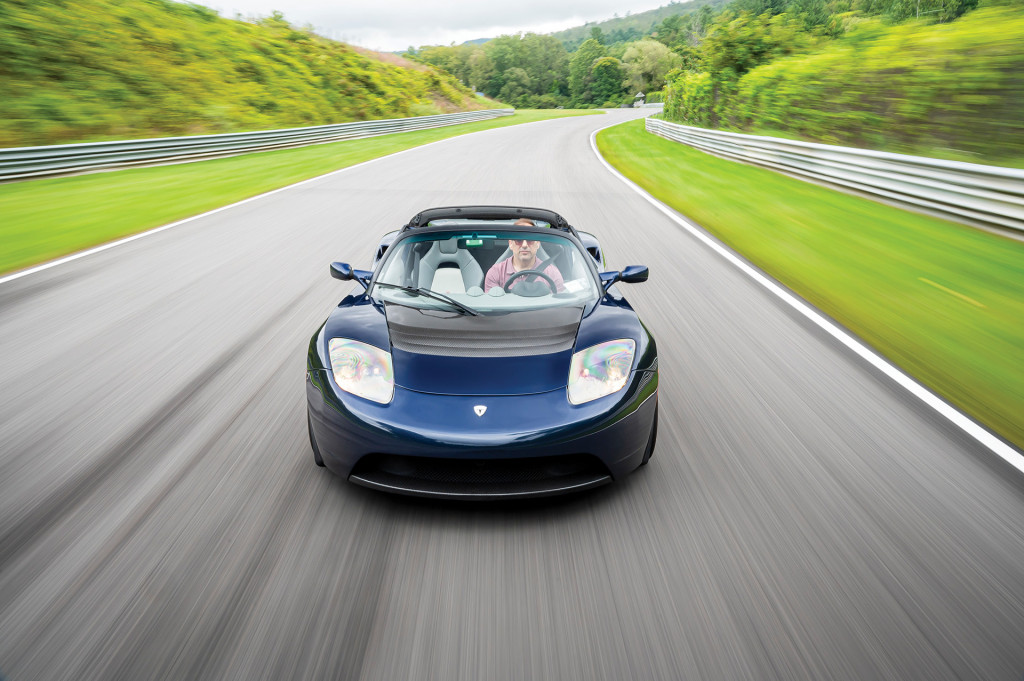While the second-generation Tesla Roadster is still in the works, a company based in Texas has come up with a new way to breathe life into the original Roadsters by enhancing their handling capabilities.
Re/Cell, a specialist in remanufacturing EV battery packs, has recently introduced a replacement battery pack for the Roadster that is 400 pounds lighter and takes up significantly less space compared to the original pack—reducing its volume by half.
The new pack, with a total capacity of 47 kwh, is expected to provide a range of 220-240 miles, aligning with the factory pack specifications. However, the weight and volume reductions of the replacement pack are said to enhance the overall performance of the Roadster.

Re/Cell replacement battery pack for the Tesla Roadster
“Replacement packs for the Roadster are expensive and overburdened, with an unnecessary focus on straight-line performance and range,” stated Re/Cell president Chad Maglaque. “The focus should instead be on handling and speed, to match the racing pedigree of its world-class performance chassis.”
The Roadster, originally based on the Lotus Elise, emphasizes handling over straight-line acceleration—an approach that aligns with Lotus founder Colin Chapman’s philosophy of “simplify, then add lightness.”
Re/Cell’s replacement pack not only lowers the Roadster’s center of gravity but also redistributes mass towards the chassis center, enhancing handling. Additionally, it accommodates DC fast-charging hardware and liquid cooling systems for the motor and power electronics module.

2010 Tesla Roadster Sport (photo via Hagerty)
The upgraded cooling system of the battery pack enhances heat transfer efficiency by 50 times compared to the factory system, ensuring consistent temperature control. Although Re/Cell retained the original 18650 cell format, the chemistry has undergone significant advancements.
Re/Cell has priced the pack at $27,895 for the high-performance version, with an $11,500 core credit for the existing pack. The company repurposes early Roadster cells for remanufactured battery packs, solar systems, or backup power applications. Out of over half a million cells processed by Re/Cell last year, only 150 were disposed of or recycled, according to Green Car Reports.
The Tesla Roadster, which ceased production in December 2011, predates the launch of the Model S and was instrumental in Tesla’s early success. While factory support for original Roadsters has been inconsistent, the declining costs of EV batteries have opened up opportunities for aftermarket solutions like those offered by Re/Cell.

